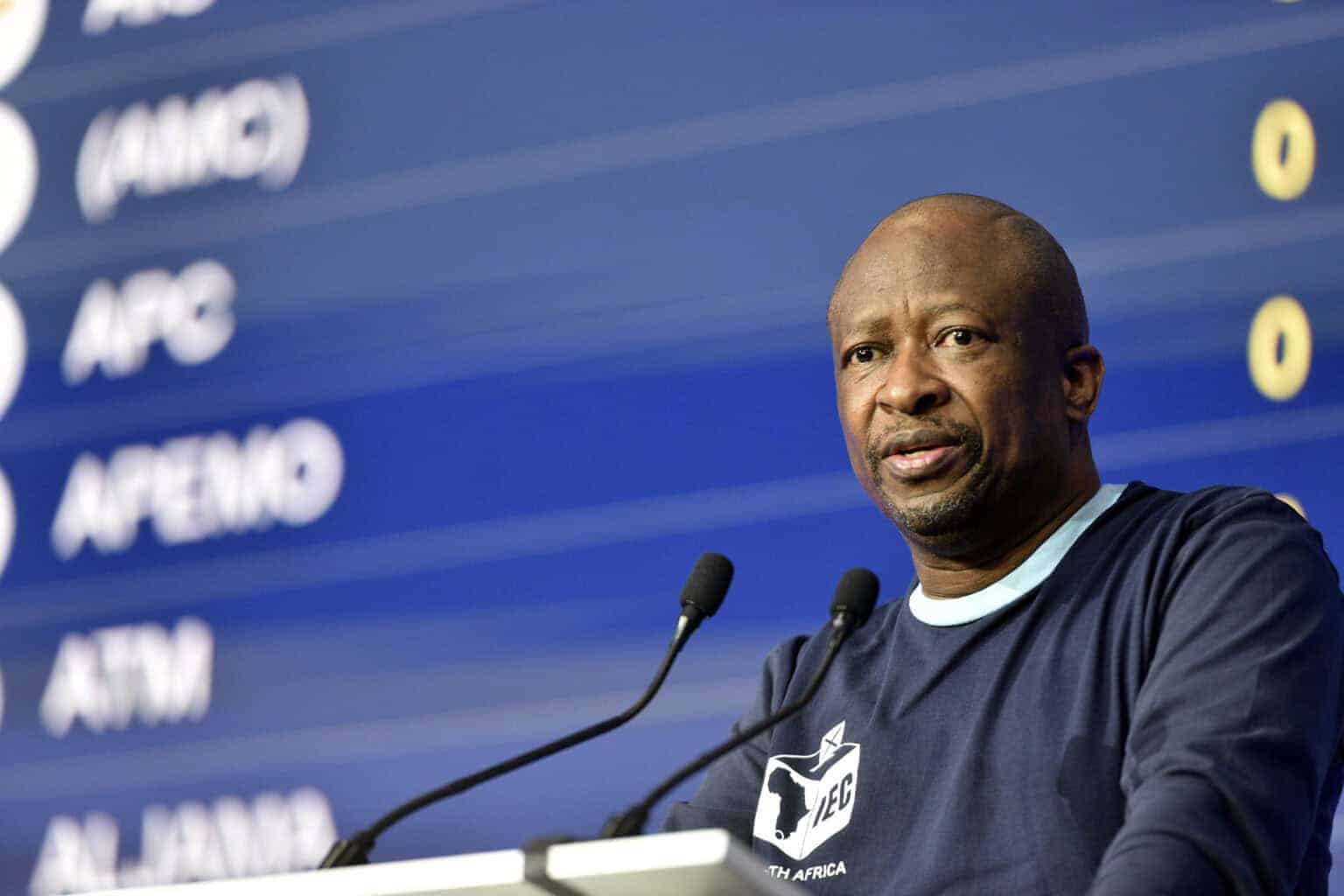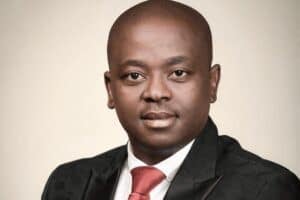The country now has 472 registered political parties.

Electoral Commission of South Africa (IEC) CEO Sy Mamabolo has confirmed that more South Africans have officially entered the political fray with their own political parties.
On Tuesday, Mamabolo updated the country on the progress made in preparation for the next local government elections in 2026.

LIVE interactive map, latest news, multimedia and more!
View MapThe country held these elections in November 2021, and the five-year term for the current municipal councils ends on 2 November 2026.
From 2 November 2026, South Africa will have 90 days to elect new leaders, which means elections could be held between then and 31 January 2027.
ALSO READ: Ramaphosa’s political party funding revisions slammed
The Minister of Cogta will announce the final election date after concluding consultations with the IEC, which are currently underway.
Road to 2026 local government elections
The IEC has not stopped working since the last major election in 2024, as 39 ward by-elections have been held across the country since April 2025.
Gauteng had the highest number of wards that held by-elections, with eight, followed by the Eastern Cape and Western Cape with seven wards each and KwaZulu-Natal with six wards.
The upcoming by-election will be held in the Eastern Cape, Northern Cape and Limpopo on 3 September.
ALSO READ: Shivambu to consult King Misuzulu Ka Zwelithini about the formation of his new political party
This as the country adds more political parties.
Mamabolo announced that the IEC has registered 34 new political parties since May 2024, and 13 of these were registered in the last month.
This brings the total number of registered parties in the country to 472. Of these, 287 will contest elections nationally, while 185 are on a provincial, district or metro level.
Political funding
The parties entered the political fray just as President Cyril Ramaphosa gazetted a proclamation to increase the threshold and limit for political party donations.
According to the proclamation, political parties must now declare donations that are higher than R200 000, which was previously R100 000.
However, they may not receive donations exceeding R30 million in a year, raised from R15 million.
ALSO READ|: MK party flips another ward, Patriotic Alliance dents DA in by-election
Some provisions of the Political Funding Act have been challenged by My Vote Counts, which argued in the Western Cape High Court that all donations should be declared.
Judgment
The court, however, dismissed the application last week.
“The Electoral Commission published the sum of small donations received by a political party each year. Thus, a voter can ascertain how much a political party receives in small donations,” reads the judgment.
My Vote Counts further argued that different entities linked to one person could donate the limit amount, and this could result in undue influence by the elites.
The court dismissed this objection too, saying “the applicant does not set out what would constitute related parties or how this should be established or how a shared intention of related parties is to be ascertained or established. This challenge is speculative and so vague as to prevent a proper response thereto, let alone regulation thereof.”
My Vote Counts said it was studying the judgment and consulting with its legal team.
“The reason we went to court was to curb elite influence over our politics, to strengthen voter accountability over public representatives, and to deepen the right of access to information so we can vote and exercise our political rights from an informed position.
“We will continue to advocate and litigate when necessary to achieve these objectives,” it said last Friday.
NOW READ: MK party flips ANC ward in Western Cape by-election






